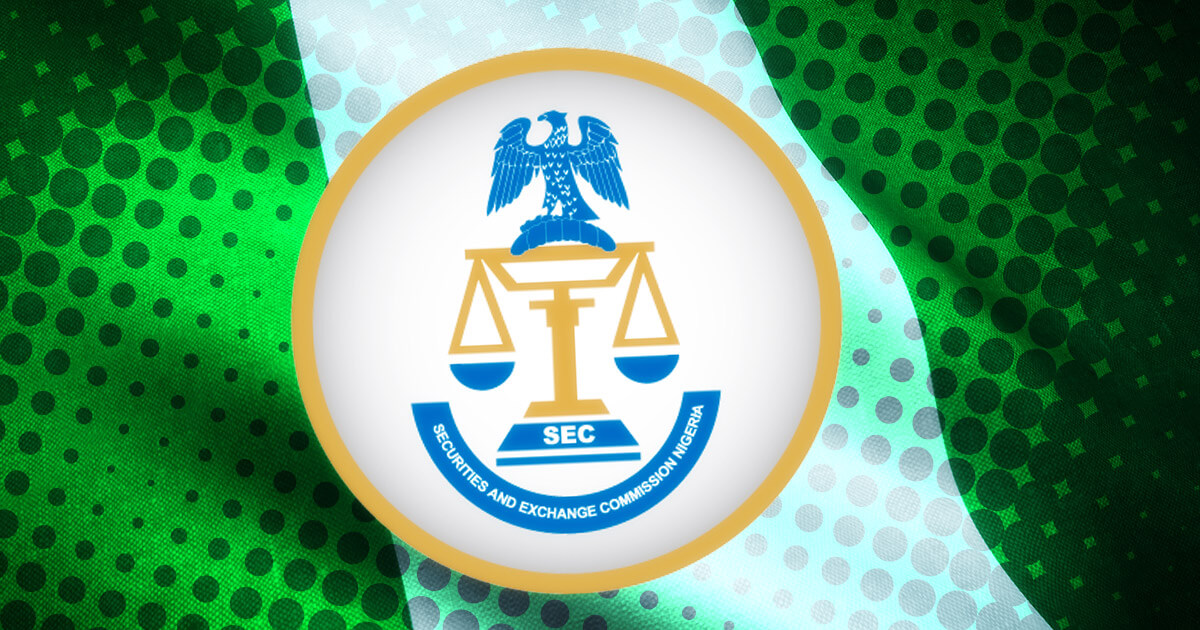The Nigeria Securities and Exchange Commission (SEC) has announced that it will allow tokenizing assets, including equities, property, and debt. The country’s financial regulator is currently processing applications for digital exchanges and firms that will act as sub-brokers, trading tokenized coins backed by assets, fund managers, tokenized coins issuers, and crowd-funding intermediaries. A probationary period of 12 months will be imposed on any firm that applies, during which the SEC will monitor their services and determine their fitness to operate in the country. After 10 months, the SEC will either register the firm, extend the incubation period, or ask the firm to stop operation.
Tokenizing assets is a concept that several jurisdictions are already considering. Singapore’s Project Guardian is collaborating with several private financial institutions to focus on this. Germany is also set to issue new laws allowing the tokenization of equities registered on the blockchain, referred to as crypto shares by the Ministry of Finance, to support private asset accumulation.
The Nigeria SEC may also use these digital assets to attract its large youth population to trade local equities. The country’s central bank has taken an anti-crypto stance, but the crypto industry has thrived in Africa. Nigeria accounts for the largest cryptocurrency trading volume after the U.S. for recently shuttered p2p exchange Paxful. Binance, the largest crypto exchange, has partnered with Nigeria Export Processing Zones Authority (NEPZA) to create the first virtual free zone, although the plans for the virtual free zone remain unknown.

